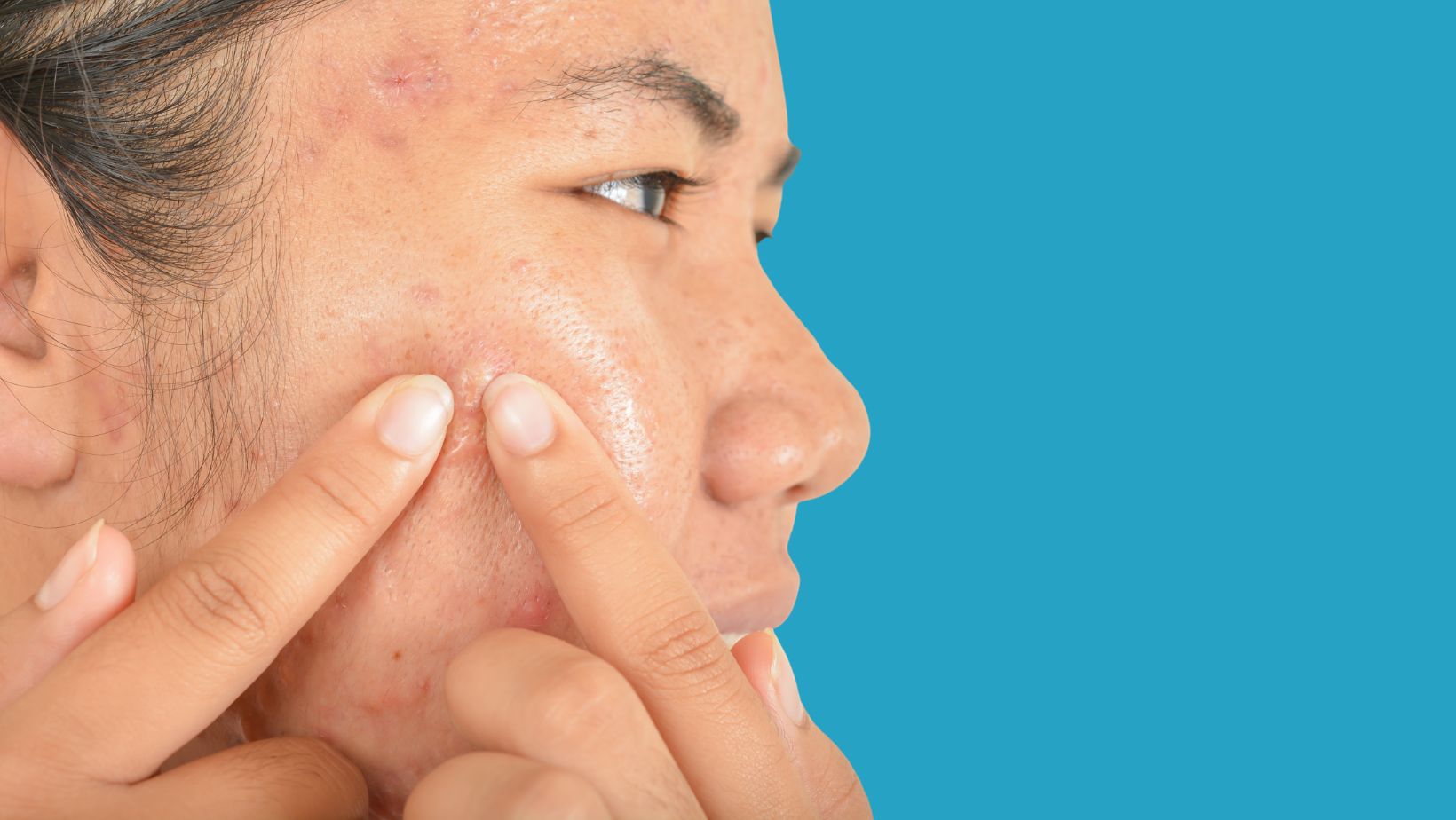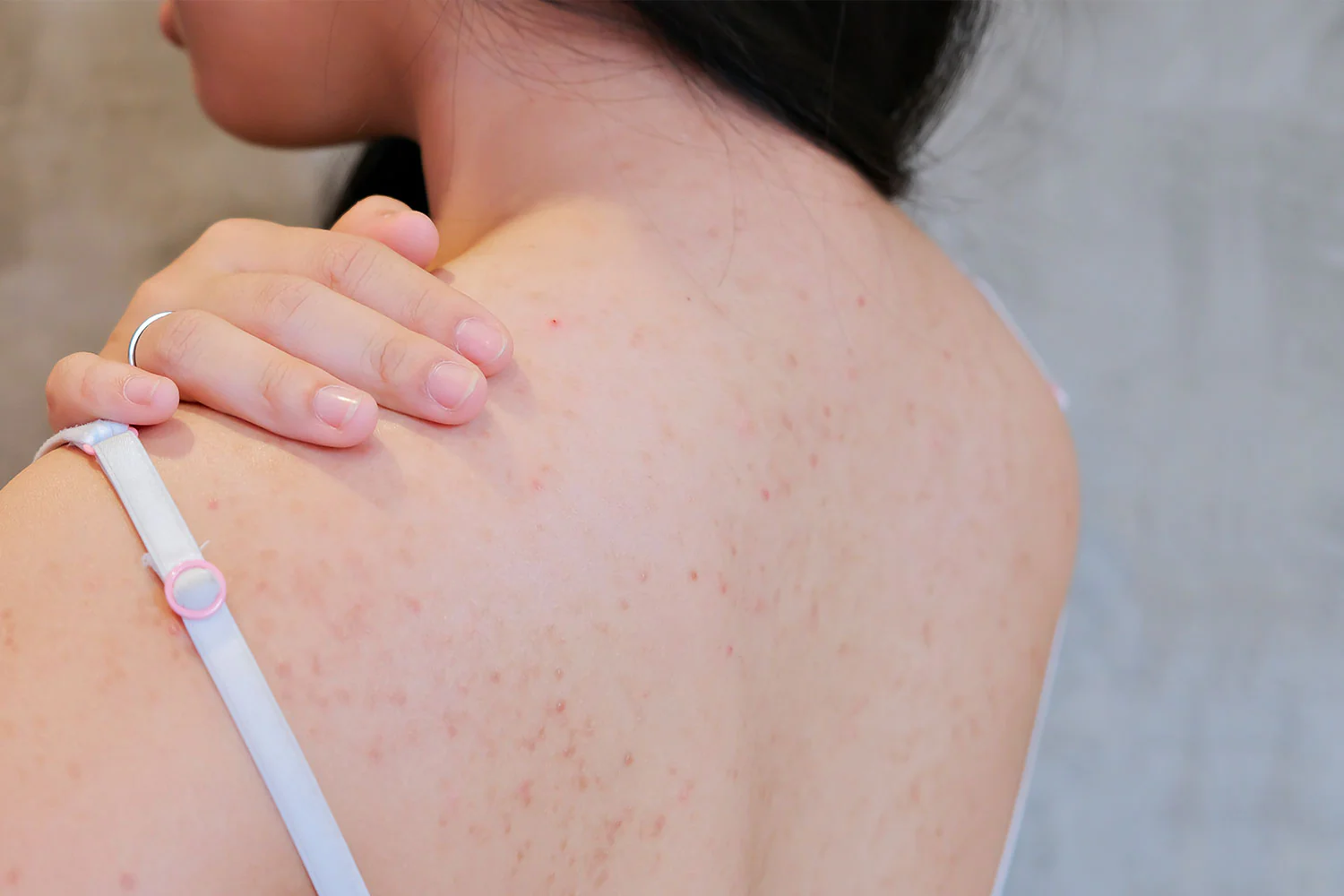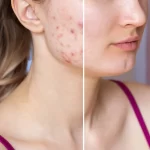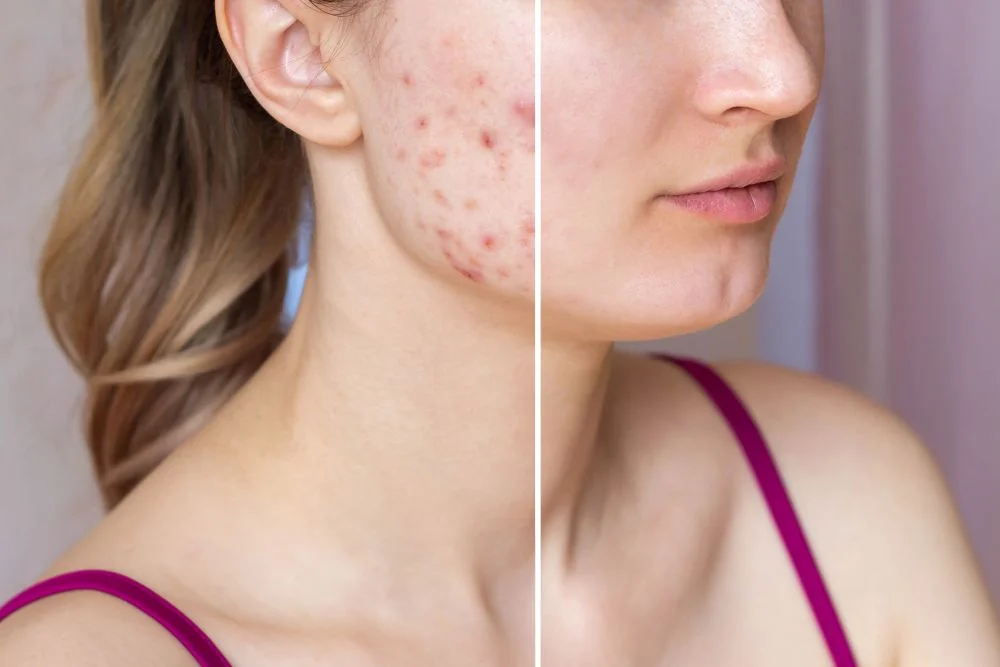Both isotretinoin and tretinoin are retinoids, which are compounds derived from vitamin A that have profound effects on skin health. They share common features such as their ability to modify the turnover rate of epithelial cells and their utility in managing various dermatological conditions. However, they are not interchangeable and are used to treat different types of skin issues due to their unique properties.
Isotretinoin, better known under its brand name Accutane, is a potent oral retinoid that is typically reserved for severe cases of acne, particularly those that are not responsive to other forms of treatment. Its efficacy is derived from its ability to shrink the sebaceous glands, thus reducing oil production and altering the environment in which acne-causing bacteria thrive. Despite its effectiveness, isotretinoin treatment requires careful monitoring by a healthcare professional due to the range of possible side effects and is only available through a prescription.
Tretinoin, often referred to by its brand name Retin-A, is applied topically and has a broader range of dermatological applications. It is well-established in the treatment of mild to moderate acne but is also heralded for its anti-aging benefits. Tretinoin works primarily by promoting skin cell turnover and boosting collagen synthesis, which can improve skin texture and diminish the appearance of fine lines. Unlike isotretinoin, tretinoin is not usually associated with severe systemic side effects, making it a more accessible treatment option, although prescription strength tretinoin is still regulated by medical guidelines.
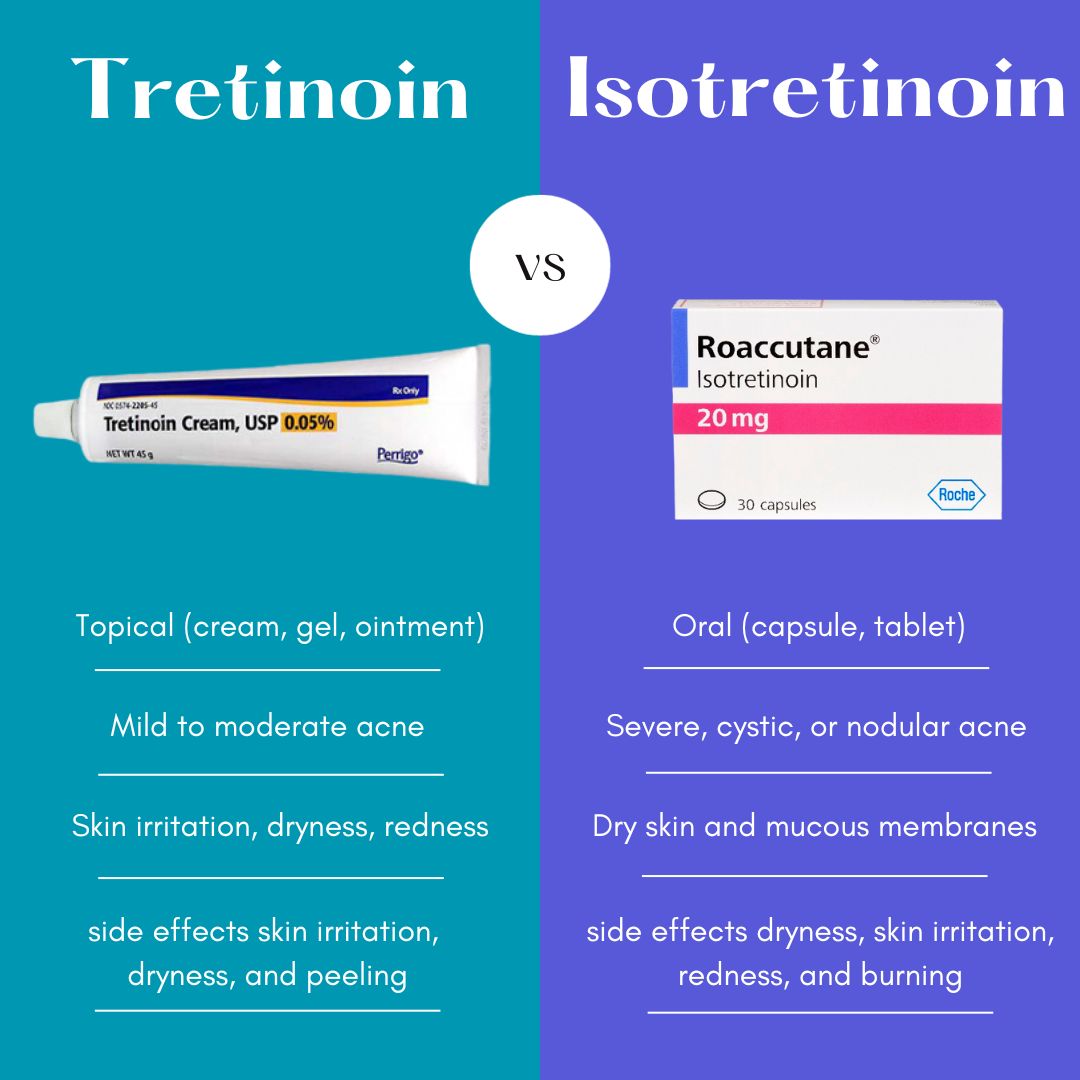
When to Use Isotretinoin Vs Tretinoin
When delving into their clinical applications, isotretinoin is often seen as a ‘last resort’ for acne treatment due to its strength and potential side effects. The course of treatment typically lasts 15-20 weeks, and the impact can be life-changing for individuals suffering from severe acne, often resulting in prolonged remission. Its effects on the skin’s oil production are unparalleled, and its success rate in treating types of acne that do not respond to other treatments is significant.
On the other hand, tretinoin’s topical form allows it to be a more versatile treatment, suitable for long-term use. It’s a cornerstone in the management of photoaging, with consistent use leading to reduced fine lines and improved skin tone. Tretinoin is also part of acne management protocols but is directed towards milder forms of acne. Its benefits extend beyond acne treatment, as it enhances overall skin health by increasing skin turnover and collagen production, thus imparting a more youthful appearance over time.
Side Effects and Management
Discussing the side effects of isotretinoin, one must acknowledge the medication’s potential to cause significant dryness, not just of the skin but also affecting mucous membranes, leading to chapped lips and dry eyes. The risk of musculoskeletal pain, changes in blood lipids, and possible psychological impacts necessitates a thorough risk assessment and close supervision during treatment. These side effects reflect the systemic nature of isotretinoin’s action on the body. Tretinoin’s side effects are usually localized to the site of application. Initial irritation, redness, and exacerbation of acne are common but generally subside as the skin acclimates to the treatment. Photosensitivity is also increased, making the use of sunscreen indispensable when venturing outdoors. The localized nature of these side effects often makes them easier to manage, and they are typically not life-threatening.
The choice between tretinoin and isotretinoin hinges on the acne’s severity and the patient’s skin goals. Tretinoin may be the better choice for those dealing with mild acne or concerned with aging signs. In contrast, isotretinoin may be the path for those with severe, scarring acne or when other treatments have not been effective. Navigating the choice between tretinoin and isotretinoin should not be a solitary journey. Our dermatologists at DermOnDemand can guide you through the decision-making process, taking into account your individual circumstances, skin types, and health history, to ensuring you get a tailored treatment plan.


